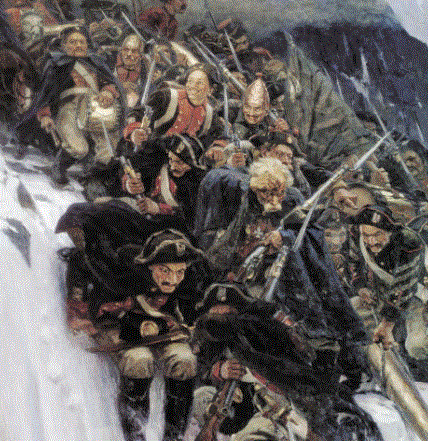Strategic Alliances and Trail of Broken Treaties 1700-1799
1799
Russification campaign and creation of a Creole class

The Russian-American Company (RAC) is officially formed and serves as the vehicle for colonization, Christianization, and assimilation of Alaska Natives, also known as Russification. The RAC and Russian government need a reliable source of controlled labor and extend privileges to mixed-race offspring of Russian and Alaska Natives (i.e., Creoles) who pledge allegiance to Russia. The Alutiiq word for Creole, kasaakaruaq, literally means “a kind of Russian,” or not a real Russian. This policy creates a distinct class of tradesmen who have guaranteed civil rights, as opposed to their Alaska Native relatives. Creole status is hereditary, passed down through the European male line to their children. Creoles have access to education, an exempt tax status, and obligatory state service. Additionally, they can move to Russia at the expense of the RAC after they conduct 10 years of service in America. The Creole culture and class status and benefits are cultivated over the next 300 years. (https://alutiiqmuseum.org/word-of-the-week-archive/305-creole)